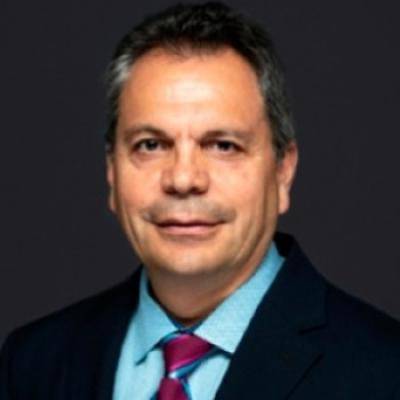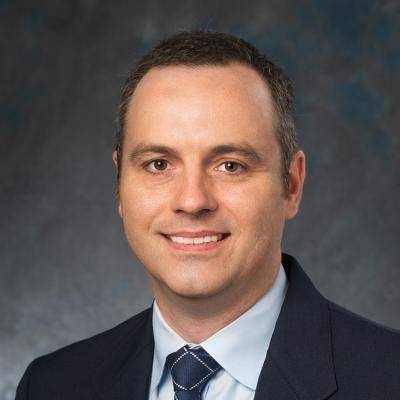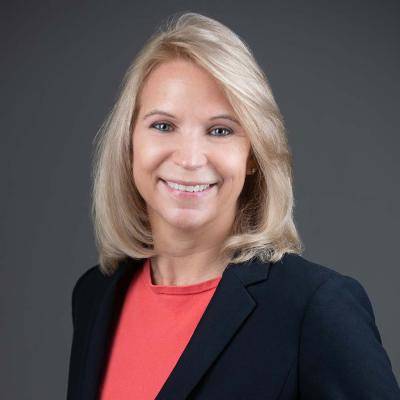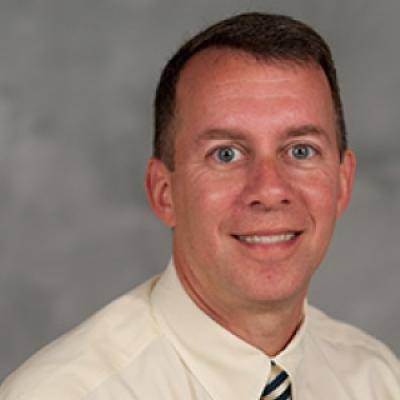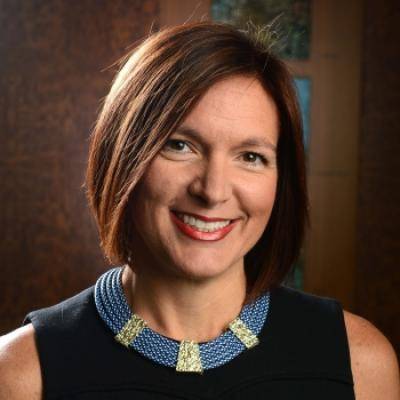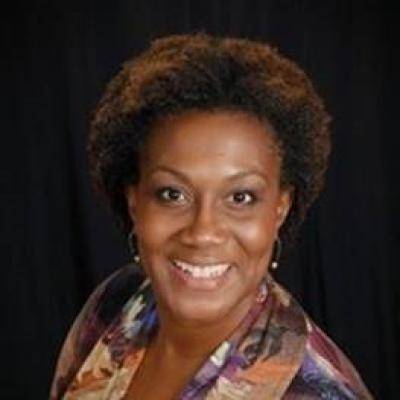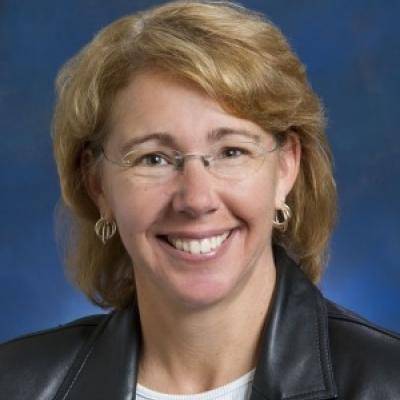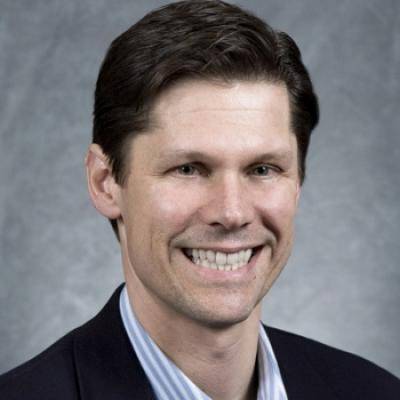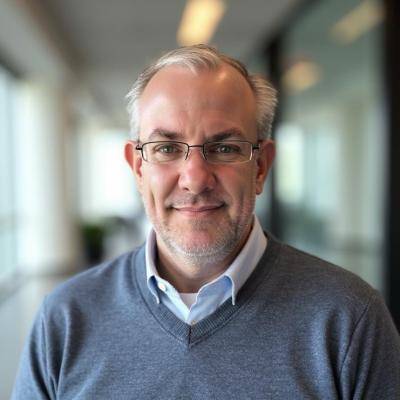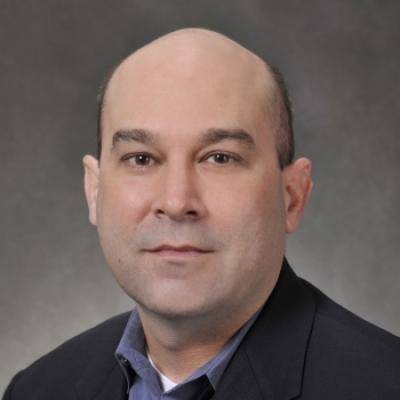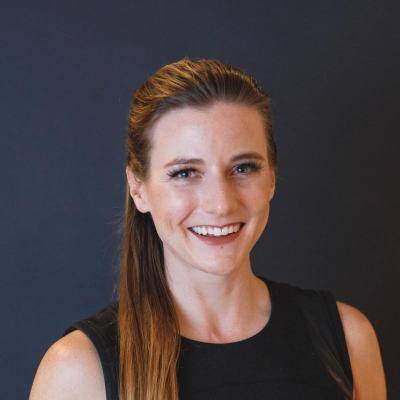From the AESAC Chair
Throughout the 20th century, the U.S. space program drove innumerable technology advances that impact our day to day lives. From LEDs and CAT scans to wireless headphones and camera phones, our collective push to the stars resulted in technology advancements that have impacted nearly every human being on the planet. With the recent proliferation of artificial intelligence and the commercialization of space exploration, the impact of aerospace engineering on society has never been more present. What once seemed like science fiction is now reality, and our discipline is at the forefront of innovation improving the human condition.
Closer to home, aerospace engineering is a cornerstone of the state of Georgia’s economy. Aerospace products are the state of Georgia’s number one export ($12.6B in 2024), and the aerospace sector represents the state’s second largest manufacturing industry. Georgia further represents a hotbed of aerospace innovation with more than 40 investments in the electric mobility space since 2020. As we embark on a new era of innovation and economic growth, the Daniel Guggenheim School of Aerospace Engineering is poised to further advance its leadership position at home and abroad, while serving as an important catalyst in the state’s economic engine.
As a proud alumnus, I’m humbled and grateful for the opportunity to serve as the Chair of the School Advisory Council. The Council serves as a resource to the School and its Chair as they continue to advance the School’s mission to prepare the world’s most capable and well-prepared students, significantly advance knowledge in all aerospace-related disciplines, and to serve our larger communities in the State of Georgia and the United States. It is our goal to ensure that the School is supported in these efforts, and that its faculty, staff, and students continue to represent the current and future leaders of our industry.
I’m excited to support the School in this next phase of progress and service. I encourage you to join us as we embark on a new era of discovery and scientific leadership.
Clayton Tino
(text and background only visible when logged in)

